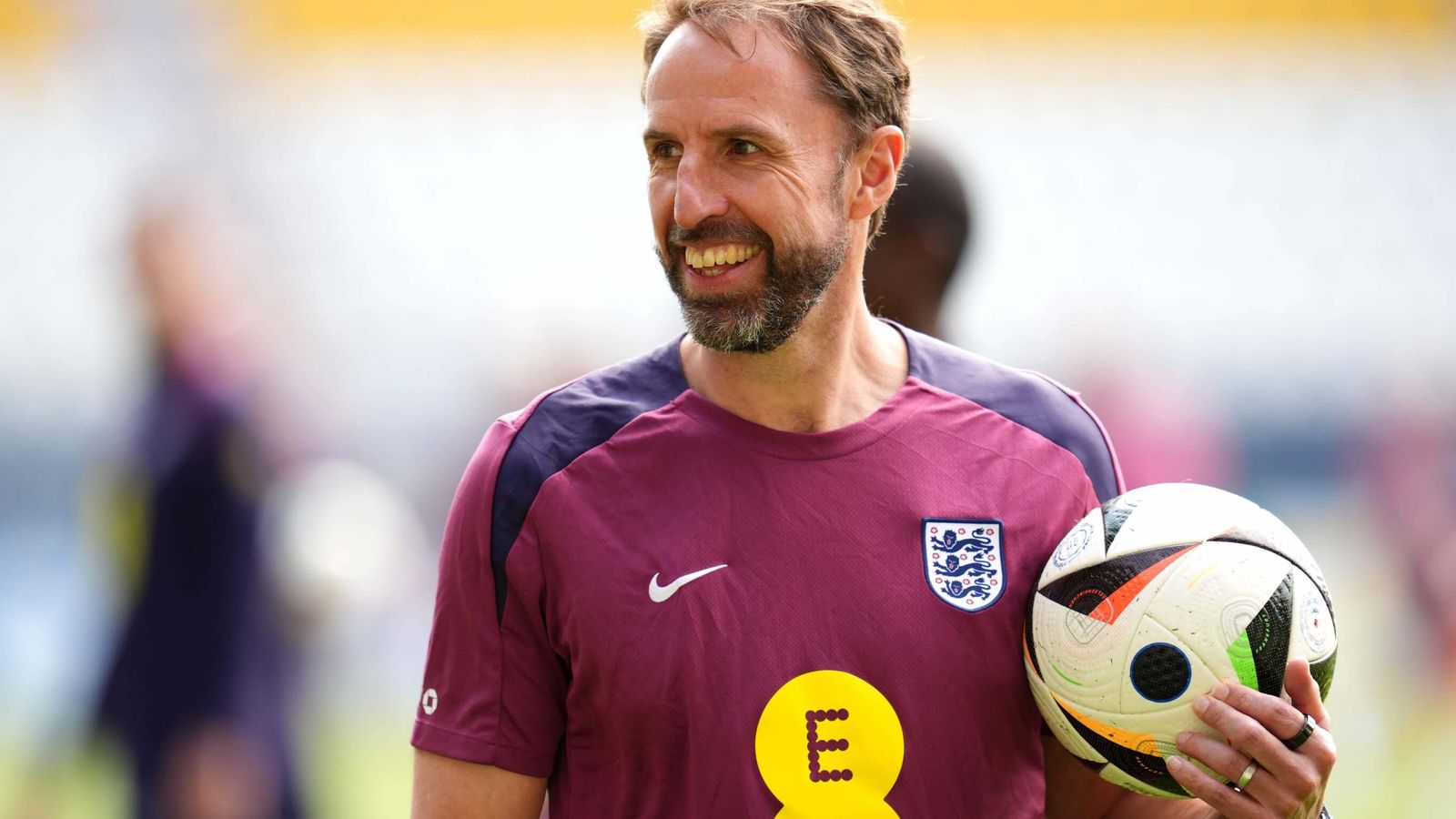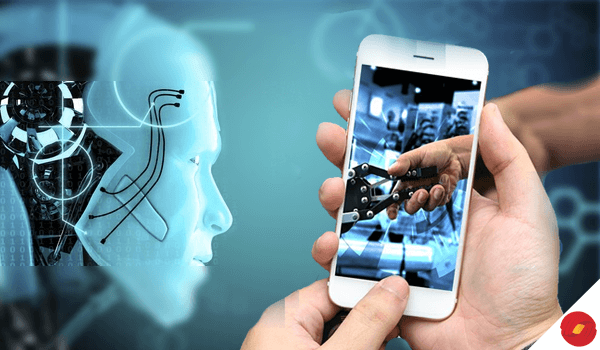The England squad were seen donning smart rings in anticipation of their opening Euro 2024 match, in an effort to ascertain whether the technology can be used to enhance their performance, as has been the case with A-list celebrities
Manager Gareth Southgate was observed donning an Oura tracking ring during the team’s training session for their inaugural Euro 2024 match against Serbia last Sunday.
John Stones, a defender, once described him as “addictive,” midfielder Conor Gallagher was also observed donning one.
“We are filled with pride when we observe these elite athletes selecting Oura; it is truly remarkable,” stated Dorothy Kilroy, the company’s chief commercial officer, in an interview with Sky News.

So, what is it?
Wearable trackers, such as the Oura ring, monitor the wearer’s health, including their pulse rate, sleep, stress, and activity levels.
For the majority of us, they can serve as a reminder to prioritize our well-being. They can assist athletes in achieving their optimal performance.
“The ring is now highly advanced,” stated Joao Bocas, the founder of Salutem, a digital healthcare company specializing in wearables.
“It monitors the heart rate, variability in skin temperature, and resting heart rate.” [The new model] provides blood oxygen sensing capabilities and life insights regarding daytime stress and resilience.
Therefore, will it provide England with an advantage?

The men’s team has never won a trophy at the Euros, even though England are already the presumptive favorites to win the tournament.
They will be looking for any item enabling them to carry home silverware.
Dave Thomas is the director of “future technology” at the UK Sports Institute, where he collaborates with England’s Olympic and Paralympic athletes.
He says that the ring may provide the sports scientists of the England team with an additional viewpoint on the performance of their athletes during the tournament.
Mr. Thomas told Sky News, “In a sporting environment, you have a variety of wearables designed for specific contexts.”
“They indicate whether the athletes are at risk of contracting a virus or are experiencing an overload.”
“It can give the sports scientists or the coaches that indication that we need to back off a little bit and give them a bit of a rest.”
Mr. Thomas noted that, although he typically works with wearables that are not commercially available, devices such as the Oura ring can be more convenient for the athletes, resulting in their actual use.

“Commercial trackers are dependable and have a minimal amount of fuss.” However, as the measurement precision, accuracy, and confidence increase, the athlete is subjected to more difficulty.
“They just want to concentrate on playing, concentrate on training, and concentrate on resting.”
Is this the future of trackers?
Health monitors have existed since the 1960s; while I recall having a dusty pedometer in my kitchen drawer as a child, their popularity has recently increased.
Celebrities have embraced the trend, with Kim Kardashian, Prince Harry, and Gwyneth Paltrow all adorning Oura rings, priced between £300 and £550.

“There is a trend of ‘fashion tech,’ of being seen wearing the latest gadget,” according to Mr. Bocas.
“But I also think COVID-19 raised our awareness of what is important [regarding our health].”
Ms. Kilroy from Oura concurs. She believes the pandemic initiated the increasing demand for wearable health technology.
“I believe we all experienced a significant sense of being powerless over our health — correct?” She stated, “Things were happening, and we were rushing to Google to get answers.”
“So having access to your data about how your body is doing – being able to understand that and being empowered with that data yourself, once you get a taste of that, is liberating.
However, Mr. Bocas anticipates that the trend of donning health jewelry will only persist for a short period.
“In five, ten years, the wearables we’re seeing today will become obsolete, the bracelets, the rings, the watches,” he said.
The advancement of technology has resulted in the development of sensors that can be incorporated into our clothing, belts, spectacles, and shoes. Even if I am controversial, implantable skin sensors that do not require any form of clothing.
For now, England supporters will be betting that the ring on a few of the team’s fingers will suffice to crown them champions.



